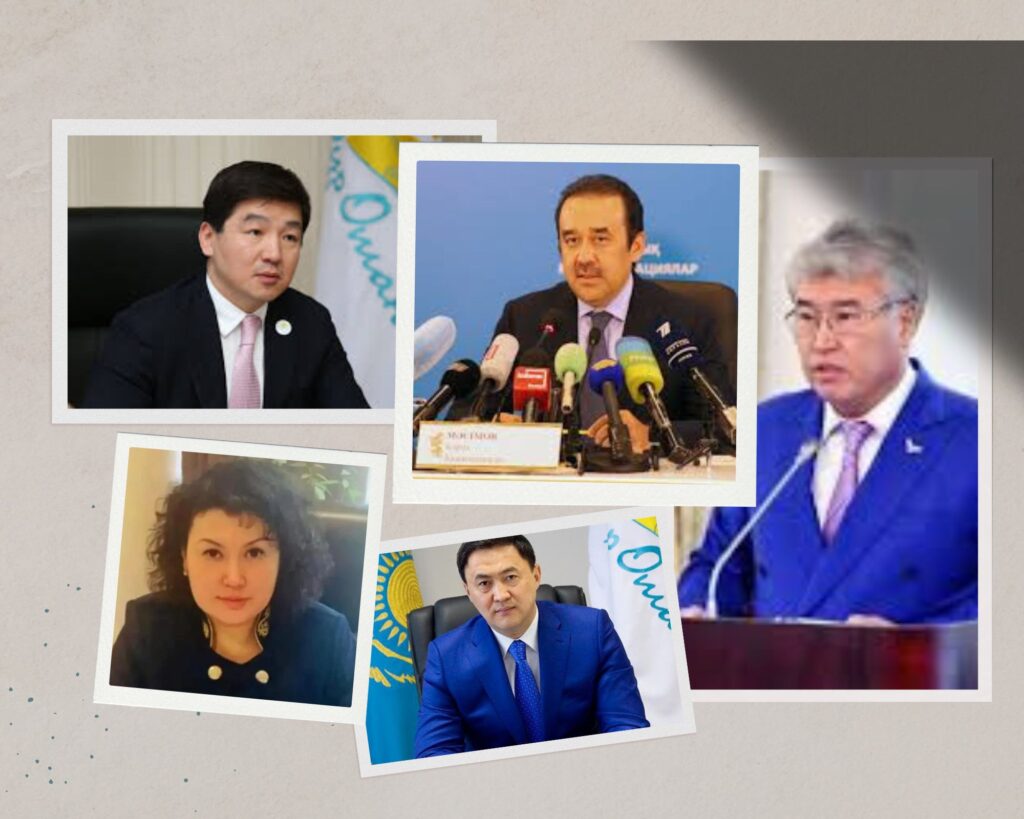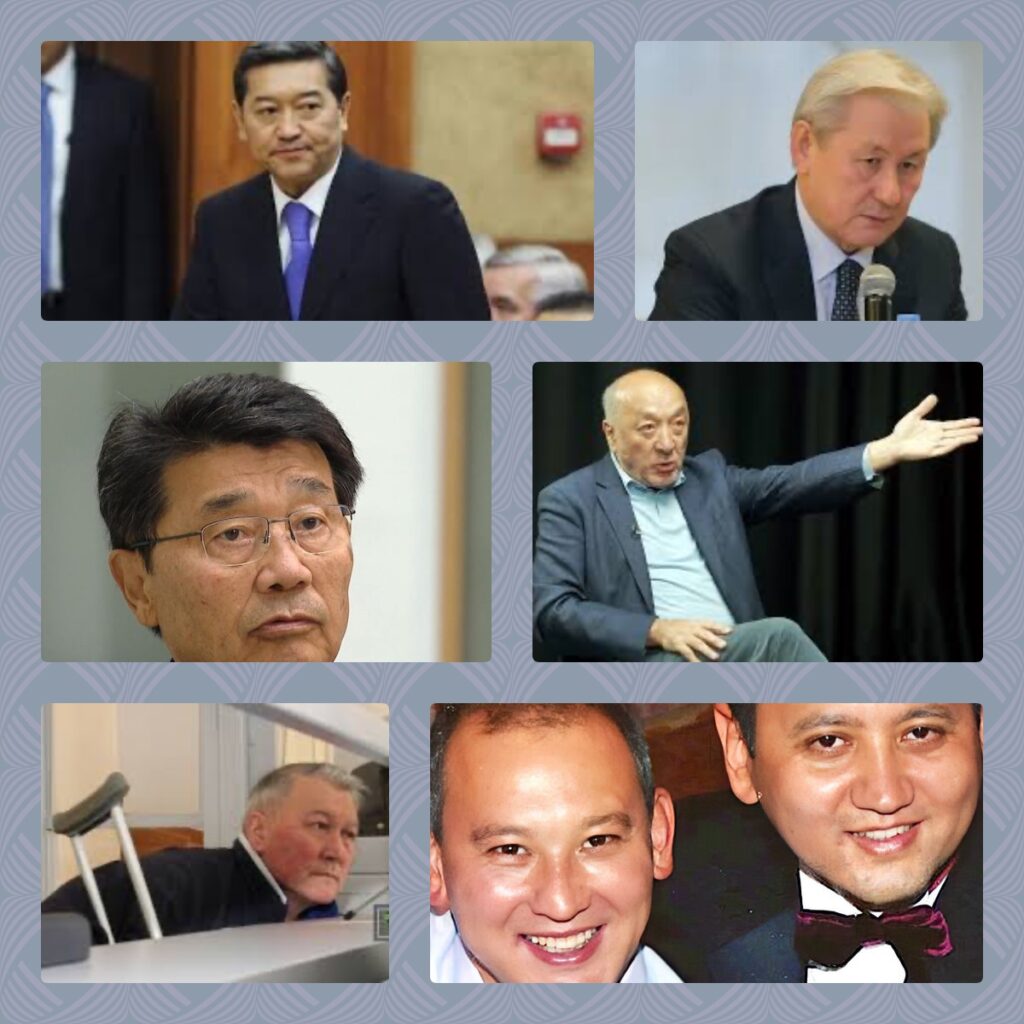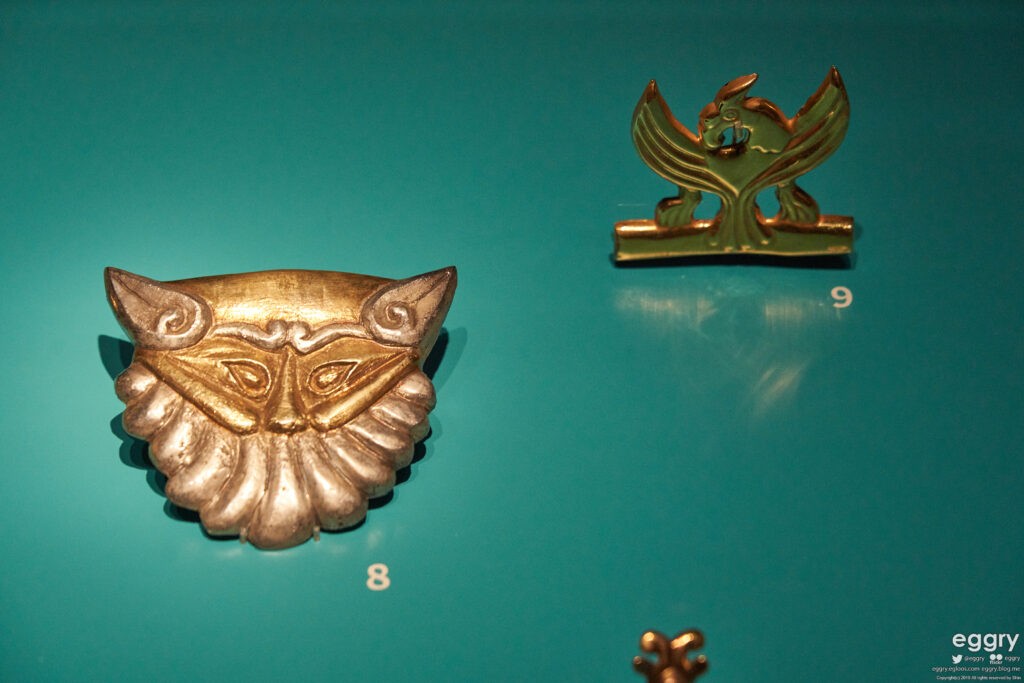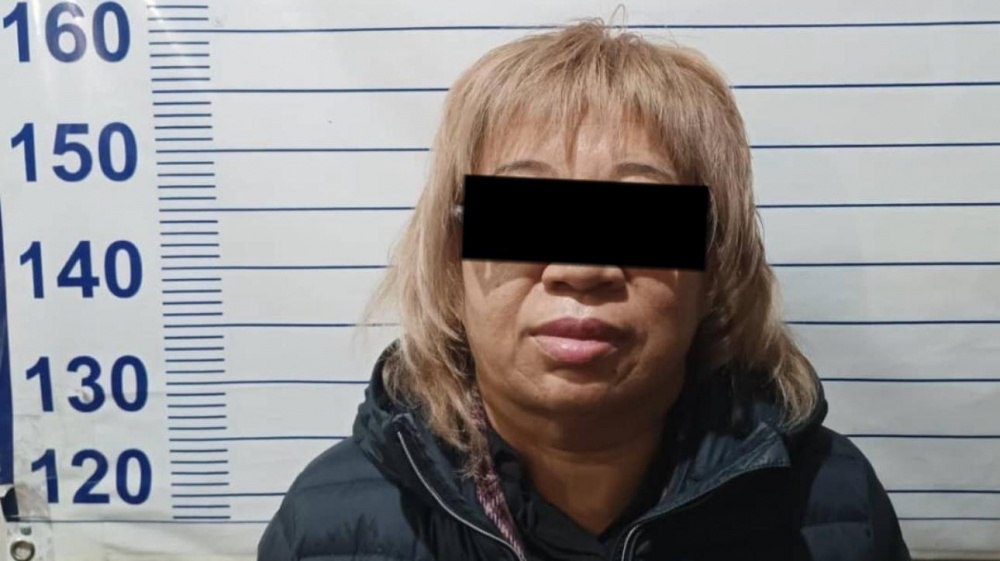A well-known Kazakhstani businessman and a relative of former President Nazarbayev has returned another $98.5 million to the state’s coffers. This money was returned as part of the criminal case against Kairat Satybaldy, according to the Anti-Corruption Agency of the Republic of Kazakhstan.
“At present, the funds have been sent to the republican budget on account of compensation for damage caused to the state,” said the head of the agency, Askhat Zhumagali.
Satybaldy – a nephew of the first president of Kazakhstan – is a well-known businessman and former politician. He held positions in the Akimat of the capital, the National Security Committee, and developed business in the oil and gas industry, banking, the services sector, and trade.
Satybaldy was detained in March 2022, accused of abuse of power and embezzlement on a large scale at both JSC Kazakhtelecom and JSC Center of Transport Services. In September of that year, an Astana court found Satybaldy guilty and sentenced him to six years imprisonment, replete with the confiscation of property and deprivation of the right to hold office for ten years. In addition, he was relieved of the title of Major General of the National Security Committee (KNB) and other state awards.
In total, since the beginning of 2022, the Anti-Corruption Agency has returned $2 billion of illegally withdrawn assets, of which almost $1.5 billion belonged to Satybaldy. These include a stake in state company, Kazakhtelecom, companies in the railroad and telecommunications sectors, as well as jewelry worth more than $200 million. Additionally, as part of the criminal case, the state repossessed a stake in the Baisat Market, which had belonged to Satybaldy’s son.
The Agency noted that other investigations into Nazarbayev’s nephew on cases related to non-payment of taxes and the laundering of proceeds from criminal activities are ongoing. At the same time, in order to preclude the withdrawal of embezzled budget funds abroad, the anti-corruption service intends to introduce digital technologies, including mechanisms for “coloring” money, and the use of digital tender to fully track how state funds are spent.
“Long-term construction projects [and] untimely and low-quality construction are often associated with either embezzlement or withdrawal of money for further kickbacks to officials and other offenses,”Zhumagali stated. “Digital tenge as a tool will help us realize the [plan for] ‘coloring’ money. And if this money is allocated for salaries, it will not go in other directions. This whole procedure of money movement allocated from the budget becomes transparent, and all transactions must reach their goal; each tenge must be spent for a specifically envisaged purpose.”
In Kazakhstan, corruption continues to be one of the main factors hindering the country’s economic development. In 2023, the country ranked 93rd out of 180 states on Transparency International’s Corruption Perceptions Index with a raw score of 39 out of 100. However, this saw an improvement on the ranking of 101st registered on the 2022 index, and following the resignation of the government, on February 7th President Tokayev targeted stamping out corruption as a major tenet in his speech outlining the tasks before the nation.






